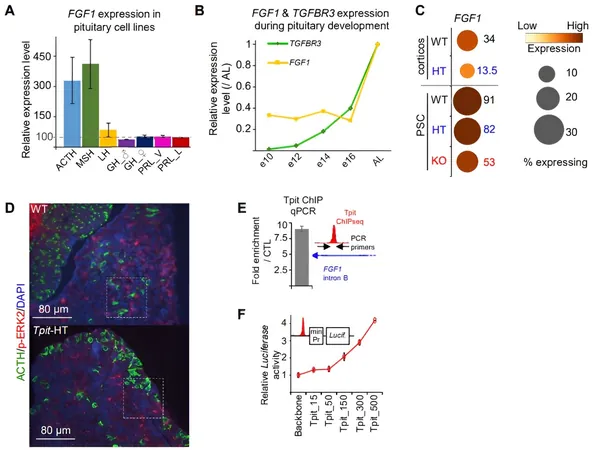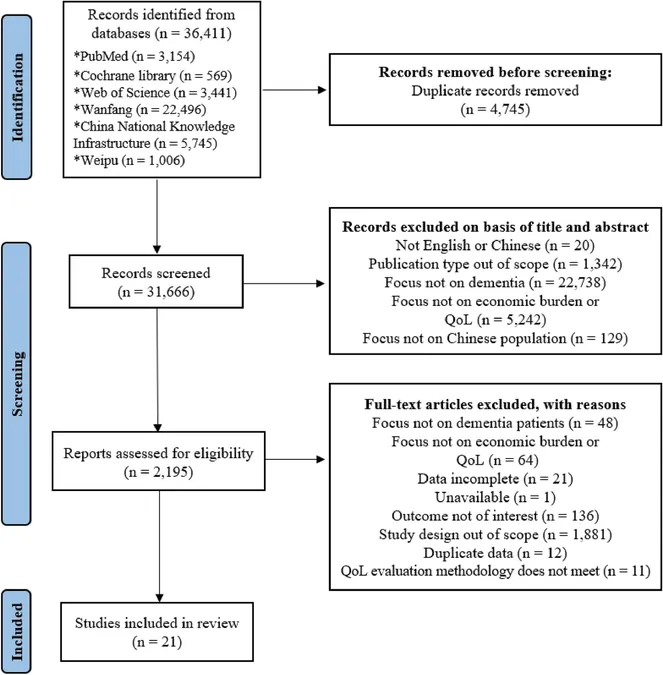
Groundbreaking Discovery Reveals How Cell Communication Regulates Hormone Balance!
2024-09-26
Researchers at the Institut de recherches cliniques de Montréal (IRCM), under the leadership of Jacques Drouin, have unveiled a remarkable intercellular communication mechanism that plays a crucial role in maintaining hormone balance, essential for human health.
Hormonal balance is vital for optimal bodily functions. When this equilibrium is disrupted, it can lead to severe health issues, including metabolic syndrome and obesity. This international study promises to deepen our understanding of these complex biological processes, shedding light on the underlying mechanisms that help sustain hormonal harmony.
Jacques Drouin, the director of the IRCM's molecular genetics research unit, emphasized the significance of this study: "We want to understand how the exchange of signals between cells modulates gene expression, and how their disruption causes disease."
Central to hormonal regulation is the pituitary gland, often dubbed the "master gland," as it produces key hormones that direct the activities of other endocrine glands. Within the pituitary, cells that produce different hormones communicate through specialized ligands and receptors to ensure a balanced hormone production.
While much remains unknown about these ligands, Drouin's team has identified a specific ligand during their research. This groundbreaking discovery, co-authored alongside experts from esteemed institutions like Montpellier's Institut de génomique fonctionnelle in France, and the University of Edinburgh and University of Oxford in the U.K., highlights the collaborative nature of modern scientific endeavors.
The researchers identified a communication pathway between two distinct cell types in the pituitary gland: stress-regulating cells and growth hormone-secreting cells. They found that this interplay is mediated by a factor known as FGF1, which is crucial for normal growth since it regulates both the number and functionality of growth hormone-producing cells.
This study not only underscores the critical role of intercellular signaling in maintaining hormonal balance but also paves the way for future research. The scientists believe that their findings are merely the tip of the iceberg, with more complex signaling processes between hormone-producing cells and their progenitors yet to be uncovered.
Maintaining harmony among these cellular communications is essential for a thriving organism, and this research could have significant implications for developing treatments for hormonal disorders. As the quest for understanding the body's communication networks continues, one can only imagine the revolutionary health breakthroughs that lie ahead!









 Brasil (PT)
Brasil (PT)
 Canada (EN)
Canada (EN)
 Chile (ES)
Chile (ES)
 España (ES)
España (ES)
 France (FR)
France (FR)
 Hong Kong (EN)
Hong Kong (EN)
 Italia (IT)
Italia (IT)
 日本 (JA)
日本 (JA)
 Magyarország (HU)
Magyarország (HU)
 Norge (NO)
Norge (NO)
 Polska (PL)
Polska (PL)
 Schweiz (DE)
Schweiz (DE)
 Singapore (EN)
Singapore (EN)
 Sverige (SV)
Sverige (SV)
 Suomi (FI)
Suomi (FI)
 Türkiye (TR)
Türkiye (TR)